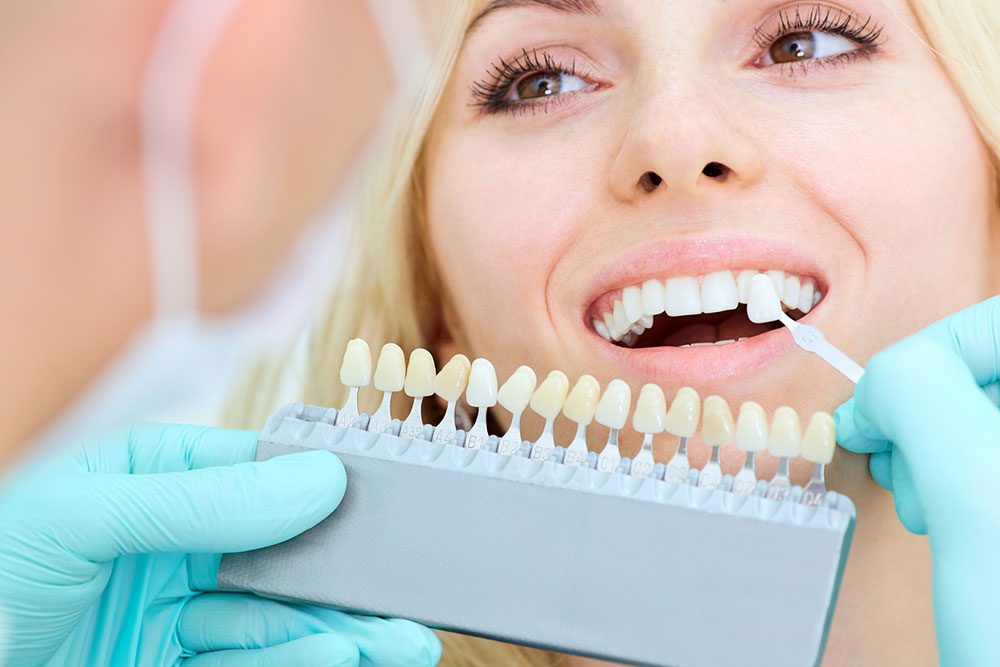Comprehensive Overview of Dental Implant Costs and Their Key Benefits
Explore the comprehensive guide to dental implant costs and their numerous benefits. Learn about types, advantages, factors influencing prices, and why implants are a durable, natural-looking solution for missing teeth. Perfect for those considering tooth replacement options and seeking detailed cost insights.

In-Depth Insights into Dental Implant Expenses and Their Advantages
Dental implants have revolutionized the field of restorative dentistry by providing a durable and natural-looking solution for missing teeth. They consist of titanium posts surgically embedded into the jawbone, serving as sturdy anchors for artificial teeth. Once these posts integrate with the jawbone—a process known as osseointegration—they form a stable foundation for crowns, bridges, or dentures. This approach not only restores the aesthetic appearance of your smile but also significantly improves biting, chewing, and speech functionalities. Unlike traditional dentures or bridges, dental implants are fixed in place, eliminating issues of slipping or shifting that can cause discomfort and embarrassment during daily activities.
Selecting the right dental restoration method depends on your unique dental needs, lifestyle, and budget. There are primarily two types of dental implants widely utilized in modern dentistry:
Endosteal Implants: These are the most common type and are placed directly into the jawbone through a surgical procedure. After a healing period that allows the implant to fuse with the bone, a connector called an abutment is attached, which then supports the replacement tooth or teeth on top. Endosteal implants are suitable for patients with sufficient jawbone density and are often used for single tooth replacements or for anchoring bridges.
Subperiosteal Implants: These involve a metal framework custom-fitted onto or above the jawbone, beneath the gum tissue. Over a healing period, the bone gradually fuses with this metal frame. Posts protrude through the gums, providing attachments for artificial teeth. Subperiosteal implants are often recommended for patients who do not have enough healthy jawbone and cannot or prefer not to undergo grafting procedures.
Advantages of Dental Implants
Dental implants come with multiple benefits that make them an excellent choice for tooth replacement:
Enhanced Functionality: Restores the ability to bite and chew effectively, similar to natural teeth.
Natural Appearance: Mimics the look and feel of real teeth, improving facial aesthetics by filling gaps and preventing bone loss.
Longevity and Durability: If properly cared for, implants can last a lifetime, making them a cost-effective long-term solution.
Comfort and Security: Fixed in place, implants eliminate the discomfort and insecurity associated with removable dentures.
Preservation of Jawbone: Stimulate bone regrowth, preventing jaw deterioration that commonly occurs with missing teeth.
Improved Speech: Help avoid slurred speech or mumbling that can occur with poorly fitted dentures.
Understanding the Cost of Dental Implants
The expense involved in dental implant procedures varies significantly depending on various factors. On average, the comprehensive cost for replacing a full set of teeth with implants can range from approximately $7,000 to $90,000, with an average cost around $34,000. For individual implants supporting single crowns, prices typically fall between $1,000 and $3,000 per tooth, depending on factors such as material quality and complexity of the procedure. If multiple teeth need replacement, the total cost can increase proportionally, especially when multiple implants are necessary.
In addition to the implant hardware, the overall treatment expense includes preliminary procedures like X-rays, CT scans, extractions, sedation or anesthesia, and follow-up visits. Some clinics might offer bundled packages or discounts for multiple implants, making the overall process more affordable. It’s important to understand that costs can be affected by geographic location, clinic reputation, and the experience of the dental surgeon or specialist.
Breakdown of Typical Dental Implant Costs
Here is a general outline of costs you might encounter:
Implant posts (titanium screw): $1,500 to $3,000 per implant
Abutments (connectors): $300 to $500 each
Crowns (artificial tooth): $1,000 to $3,000
Bone grafting (if needed): $300 to $3,000
Additional procedures (extraction, sedation, X-rays): variable, often $200–$1,000 each
It’s crucial to factor in these supplementary expenses when assessing your overall budget for dental implants.
Factors Influencing Dental Implant Costs
Several variables affect the final price of dental implant treatment:
Materials: Higher-quality, premium materials may increase costs but can offer better longevity and aesthetic results.
Number of Implants Needed: More implants mean higher costs, but some packages offer bulk pricing.
Type of Procedure: Bone grafts, sinus lifts, or other preparatory surgeries add to expenses.
Provider’s Expertise: Experienced specialists or those working in prestigious clinics may charge higher fees.
Facility Location: Urban areas or regions with a higher cost of living tend to have higher treatment costs.
Insurance Coverage: Dental insurance often provides limited coverage, so understanding your plan is essential.
Making the Decision: Is a Dental Implant Right for You?
Dental implants are an excellent investment in your oral health, offering a permanent, natural-looking solution for missing teeth. Before proceeding, consult with a qualified dental professional to assess your specific needs, jawbone health, and financial situation. Considering available options, potential costs, and long-term benefits will help ensure you choose the most suitable treatment plan.
In summary, dental implants combine functional benefits with aesthetic appeal, providing a long-lasting solution for tooth replacement. While the initial costs may seem substantial, their durability and natural functionality make them a worthwhile investment for many patients seeking to restore their smile and confidence.





